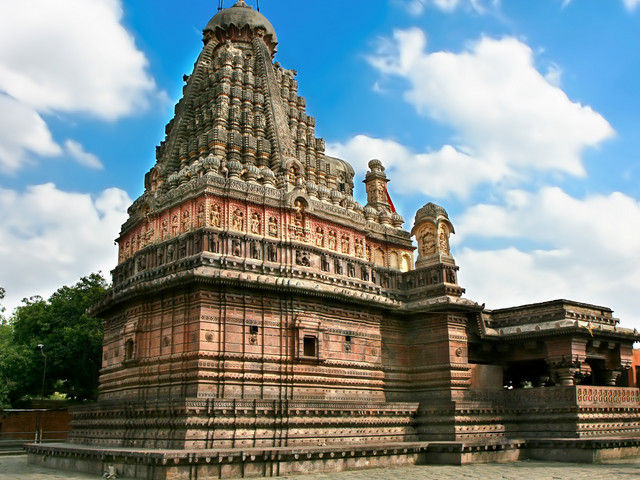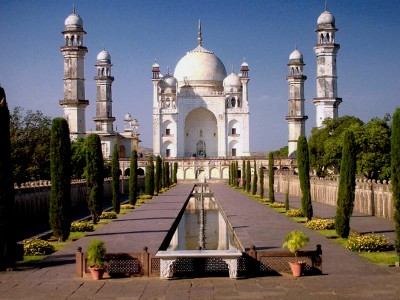Aurangabad Travel and Tourism Guide
The name is derived from the Mughal ruler, Aurangazeb. Its ancient history dates back up to the eras of Buddhism, but the modern history of Aurangabad is traced back to 1610. The Buddhist caves in Aurangabad and Ellora are the clear evidence of strong Buddhism influence and influx around the city in earlier times. A prime minister of the Muslim Kingdom of Ahmednagar, Malik Ambar established a town at a village called Khirki. Later, his son Fateh Khan named the town as Fatehpur in 1626. Mohammad Bin Tughlaq tried to switch over the capital of his Delhi sultanate to Fatehpur in 14th century keeping in mind the strategic location of the town. The town was at the centre of India, and the region was considered the safest from the marauding armies of the Afghan and Central Asian raiders. When Aurangazeb took over the Deccan kingdoms, he changed the name of the town to Aurangabad in 1653. Aurangazeb used the town as the strategic point to suppress the rising power of Shivaji. Aurangabad was taken over by the Nizam of Hyderabad after the death of Aurangazeb in 1707 that retained control till it was merged with Maharashtra in 1956. The current day Aurangabad offers a wonderful opportunity to step back to past history. Ajanta and Ellora caves and Bibi-Ka-Makbara bring back the visitors to the past history of the town.








